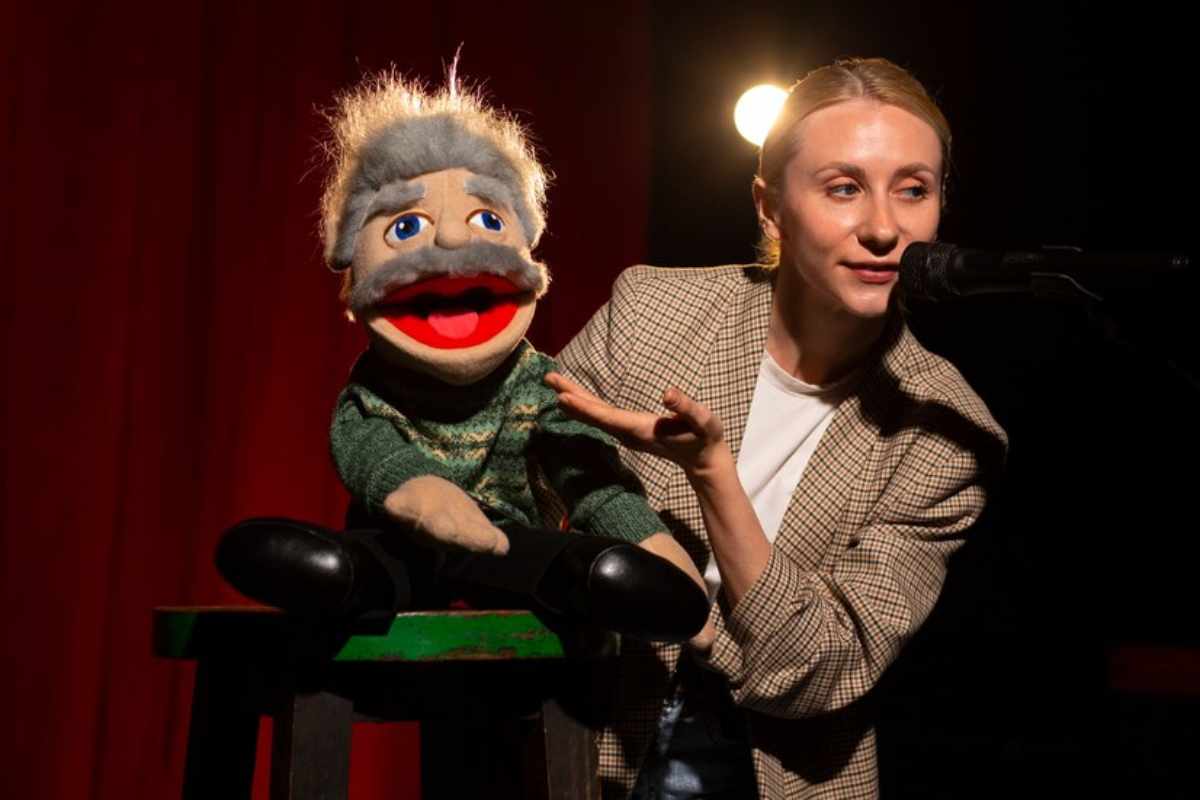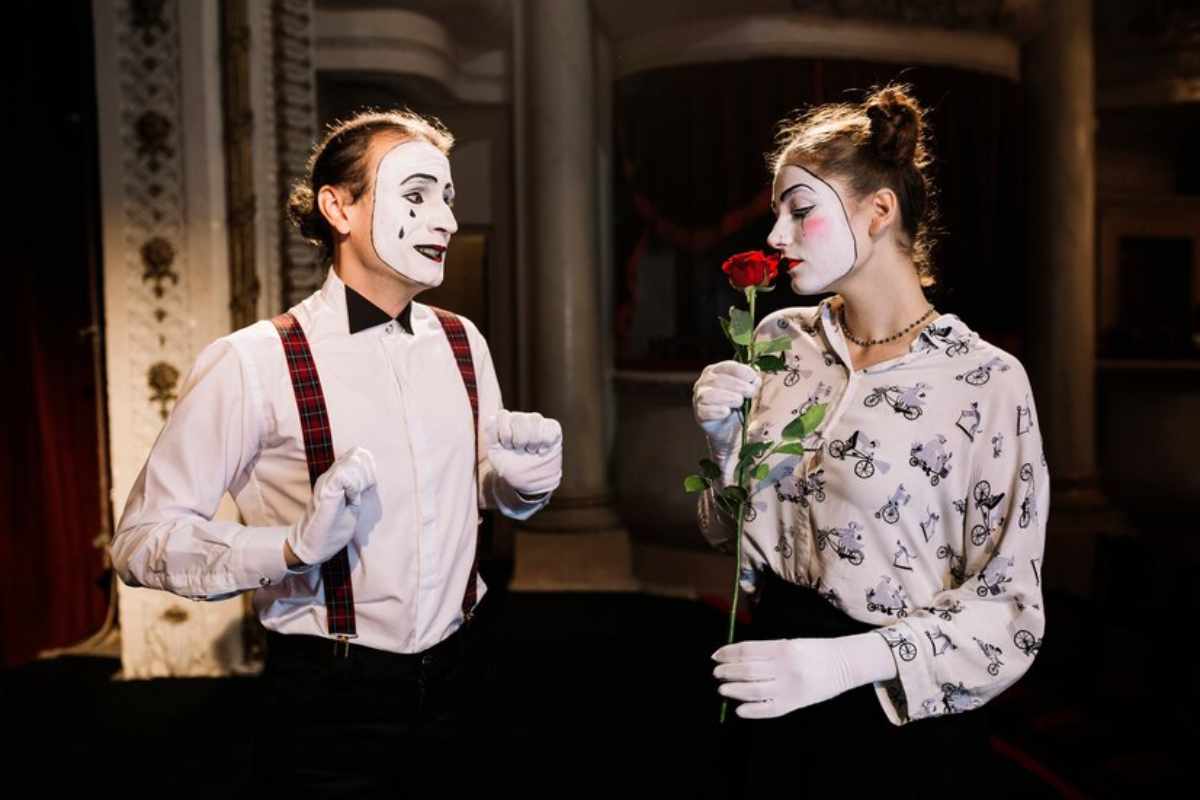The comedy of manners is a genre of theatre and literature that has remained beloved and relevant for centuries. Its appeal has transcended generations, adapting to different cultural contexts while maintaining its core principles. By focusing on the intricacies and absurdities of social interactions, this form of comedy highlights human behaviour through satire and wit, offering humour and critical social commentary.
But what makes the comedy of manners so enduring in modern entertainment. This article explores why this genre continues to captivate audiences, particularly in the contemporary world.

What is a Comedy of Manners?
Before diving into why the comedy of manners remains popular, it is essential to define the genre. The comedy of manners is a form of comedy that emerged in the 17th century, typically set among the upper classes of society. It revolves around the complexities and hypocrisies of social behaviour, often exposing the contrast between individuals’ outward manners and their true nature.
This genre is known for its sharp wit, satire, and exaggerated characters who embody the social norms and expectations of the time.
Key characteristics of a comedy of manners include:
- Social satire: The genre critiques society’s behaviour, customs, and institutions.
- Witty dialogue: The humour in these plays is often derived from clever wordplay, quick repartee, and exaggerated expressions.
- Stock characters: These include the witty and charming protagonist, the social-climbing pretender, and the morally righteous foil, among others.
- Focus on relationships: The plot typically revolves around romantic entanglements, social status, and the pursuit of marriage.
The Legacy of the Comedy of Manners
The comedy of manners traces back to works such as Molière’s The Misanthrope and Richard Sheridan’s The School for Scandal. While products of their time, these works also offered timeless observations of human nature. Through its sharp satire, the comedy of manners exposed society’s flaws, using humour to make poignant statements about the complexities of social interaction. Even today, these themes remain relatable and resonate with audiences worldwide.
Why Does the Comedy of Manners Remain Popular?
There are several reasons why the comedy of manners continues to be a favoured genre in modern entertainment. The genre is malleable and can adapt to contemporary social issues while retaining the classic elements that make it appealing. Let’s examine some of the main aspects contributing to its ongoing appeal.
Relevance to Modern Social Norms and Etiquette
The comedy of manners is inherently rooted in social behaviour and class dynamics, which remain significant in modern society. The genre examines the tension between public appearance and private intentions in the contemporary world.
From the workplace to social media, individuals still engage in performances of politeness, diplomacy, and status that are ripe for satirical exploration. For example, comedy often highlights how individuals will go to great lengths to maintain their reputations or manipulate others’ perceptions. This theme is just as relevant today as it was in the 17th century.
Modern adaptations of the comedy of manners often focus on contemporary settings, such as corporate environments, social media influencers, or high-society gatherings. The core themes of appearance vs. reality, societal expectations, and the human desire for approval are timeless and continue to provide rich material for writers and directors.
Sharp Wit and Dialogue
One of the comedy of Manners‘ most defining features is its emphasis on witty dialogue and sharp repartee. This humour, which often relies on verbal sparring and clever wordplay, is still incredibly popular in modern entertainment.
Shows like The Marvelous Mrs. Maisel, Veep, and The Good Wife employ witty dialogue to explore the absurdity of social norms and political structures, much like earlier comedies of manners did.
This humour appeals to a broad audience because it is intellectually engaging and entertaining. Viewers enjoy the quick exchanges and humorous situations while appreciating the social commentary embedded in the dialogue. The combination of entertainment and reflection allows the comedy of manners to strike a balance that resonates with audiences.
Relatable and Exaggerated Characters
While comedies of manners often feature exaggerated and eccentric characters, they still embody traits that modern audiences can relate to. From the social climber desperately trying to fit into the charming yet manipulative romantic lead, the characters in these plays reflect the same archetypes that populate modern films, television shows, and even social media.
The high society depicted in traditional comedies of manners has been replaced in contemporary works by similar figures in more relatable settings—think of the snarky office worker, the well-intentioned but overly ambitious college student or the celebrity trying to maintain a flawless image.
These exaggerated personalities allow audiences to laugh at the absurdity of their behaviour while also recognizing their flaws as part of the human condition. The comedy highlights human nature’s farcical and relatable aspects, which is a key reason for its ongoing appeal.
Universal Themes of Social Interaction and Relationships
At its core, the comedy of manners is about romantic, social, and professional relationships. These themes are universal, transcending time and place. Whether it’s the pursuit of love, the battle for social status, or the manipulation of relationships for personal gain, these topics remain as relevant today as they were in past centuries.
In modern adaptations, these themes are explored in various contexts, from the dating scene in a digital world to the complexities of family dynamics. By focusing on how people interact and navigate their relationships with one another, the comedy of manners provides entertaining humour and offers insights into contemporary life’s social fabric.
Adaptability to New Media and Formats
Another reason the comedy of manners remains popular is its adaptability to new forms of media and entertainment. While the genre initially thrived in the theatre, it has successfully transitioned to television and film. Shows like Downton Abbey, Gossip Girl, and Bridgerton have taken the core elements of the comedy of manners and set them in modern and historical contexts, proving the genre’s versatility.
Films such as The Favourite and The Royal Tenenbaums offer modern takes on the genre by examining the quirks and rivalries of families, social classes, and individuals. The comedy of manners works well in these formats because it allows for an in-depth exploration of character dynamics while providing plenty of humour opportunities.
Conclusion:
The comedy of manners remains popular in modern entertainment because it successfully captures the complexities and absurdities of human interaction, a theme that has not changed over the centuries. Its sharp wit, relatable yet exaggerated characters, and exploration of social relationships continue to resonate with audiences across generations.
Whether through modern television shows, films, or stage productions, the comedy of manners adapts seamlessly to the changing cultural landscape, making it a timeless genre that will undoubtedly remain a fixtures in the entertainment world for years.
By blending humour with social commentary, the comedy of manners entertains and invites reflection on the norms, expectations, and behaviours that shape human relationships—ensuring its continued relevance in contemporary society.
Frequently Asked Questions(FAQs):
What is the a comedy of manners?
One type of humor is the comedy of manners. comedy that focuses on the social behaviours, norms, and relationships of the upper classes. It often exposes society’s absurdities and hypocrisies. The comedy of manners is characterized by sharp wit, clever dialogue, and exaggerated characters.
Why is the comedy of manners still relevant today?
The comedy of manners remains relevant because it tackles universal themes such as social status, relationships, and the difference between appearance and reality. These timeless themes and the fact that modern society still grapples with the same issues make the genre relatable.
What are some modern examples of the comedy of manners?
Examples of the comedy of manners in the modern day include TV shows like The Marvelous Mrs. Maisel, Veep, and Downton Abbey, as well as films like The Favourite and Bridgerton. These productions incorporate the witty dialogue, character types, and social commentary typical of the genre.
How does the comedy of manners critique social behaviour?
The comedy of manners critiques social behaviour by exposing the superficiality and contradictions within societal norms, especially regarding status, wealth, and relationships. It often highlights the differences between individuals’ outward behaviour and their true intentions or feelings.
What makes the characters in the comedy of manners appealing?
The characters in the comedy of manners are often exaggerated versions of real-life social archetypes, such as the charming manipulator, the social climber, or the moral conscience. These characters’ flaws and contradictions provide humour and insight into human nature, making them engaging for audiences.
How does the comedy of manners appeal to modern audiences?
Modern audiences appreciate the comedy of manners for its witty dialogue, relatable themes (like social status and relationships), and the humour derived from exaggerated but familiar characters. The genre continues to adapt to contemporary settings, making it accessible to today’s viewers while maintaining its classic elements.
How has the comedy of manners evolved?
The comedy of manners has evolved from its roots in the 17th-century European theatre to modern television and film. While its core themes remain intact, the genre now addresses contemporary issues such as social media, corporate culture, and modern-day relationships, all while keeping its trademark humour and sharp commentary.
Why does the witty dialogue in the comedy of manners resonate with audiences?
The witty dialogue in the comedy of manners often features clever wordplay, quick comebacks, and satirical commentary on societal norms. This type of humour engages the audience intellectually while providing entertainment, making it enjoyable and thought-provoking.
Can the comedy of manners be adapted to different social contexts?
Yes, the comedy of manners is highly adaptable. While it originated in high-society settings, it can be translated to various contexts, such as contemporary corporate environments, digital social media circles, or family dynamics, while retaining its sharp critique of human behaviour.
How does the comedy of manners impact modern entertainment?
The comedy of manners has a lasting influence on modern entertainment by shaping how we approach character-driven storytelling. Its focus on social interactions, complex relationships, and clever humour inspires both TV shows and films exploring social behaviour and societal norms.











